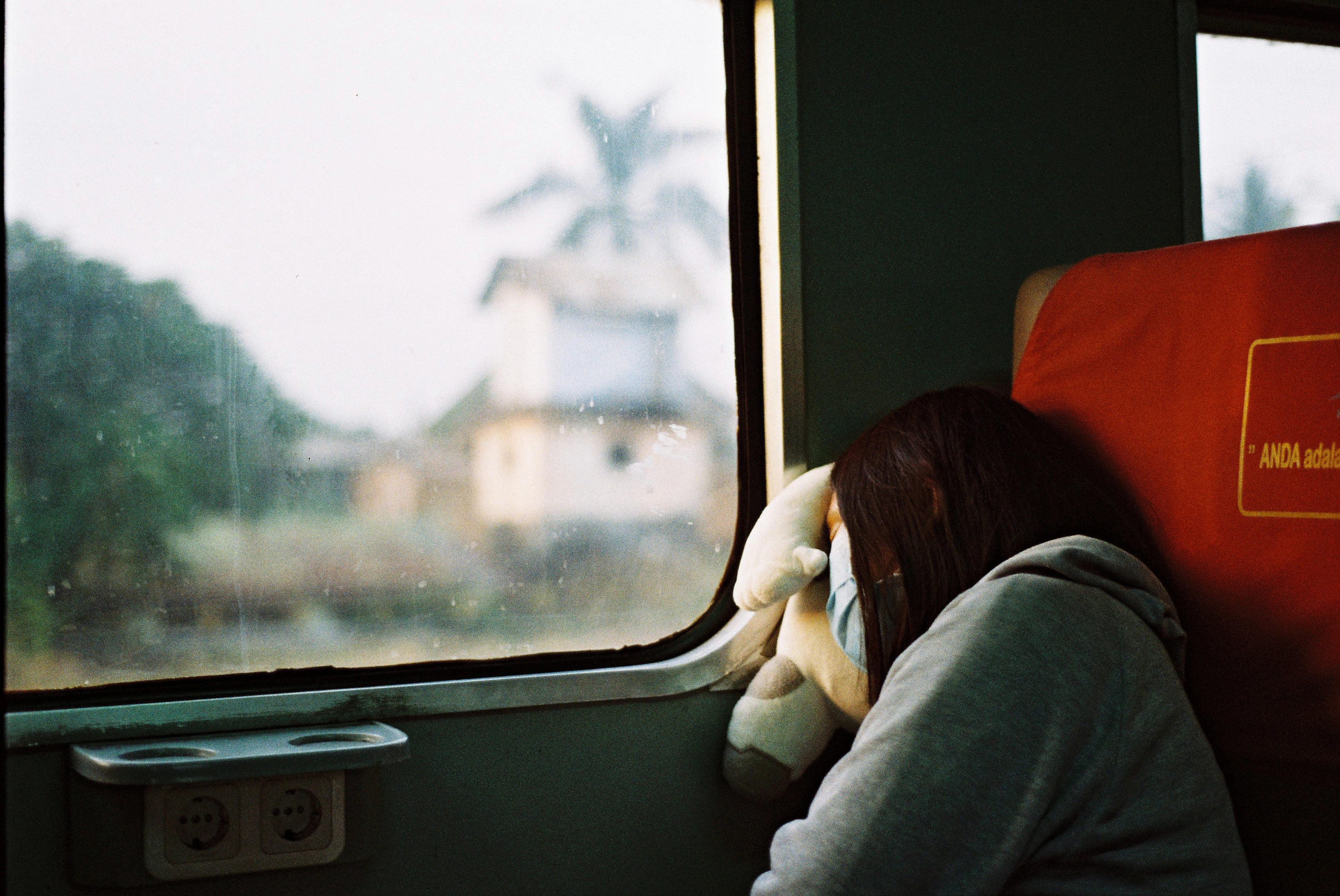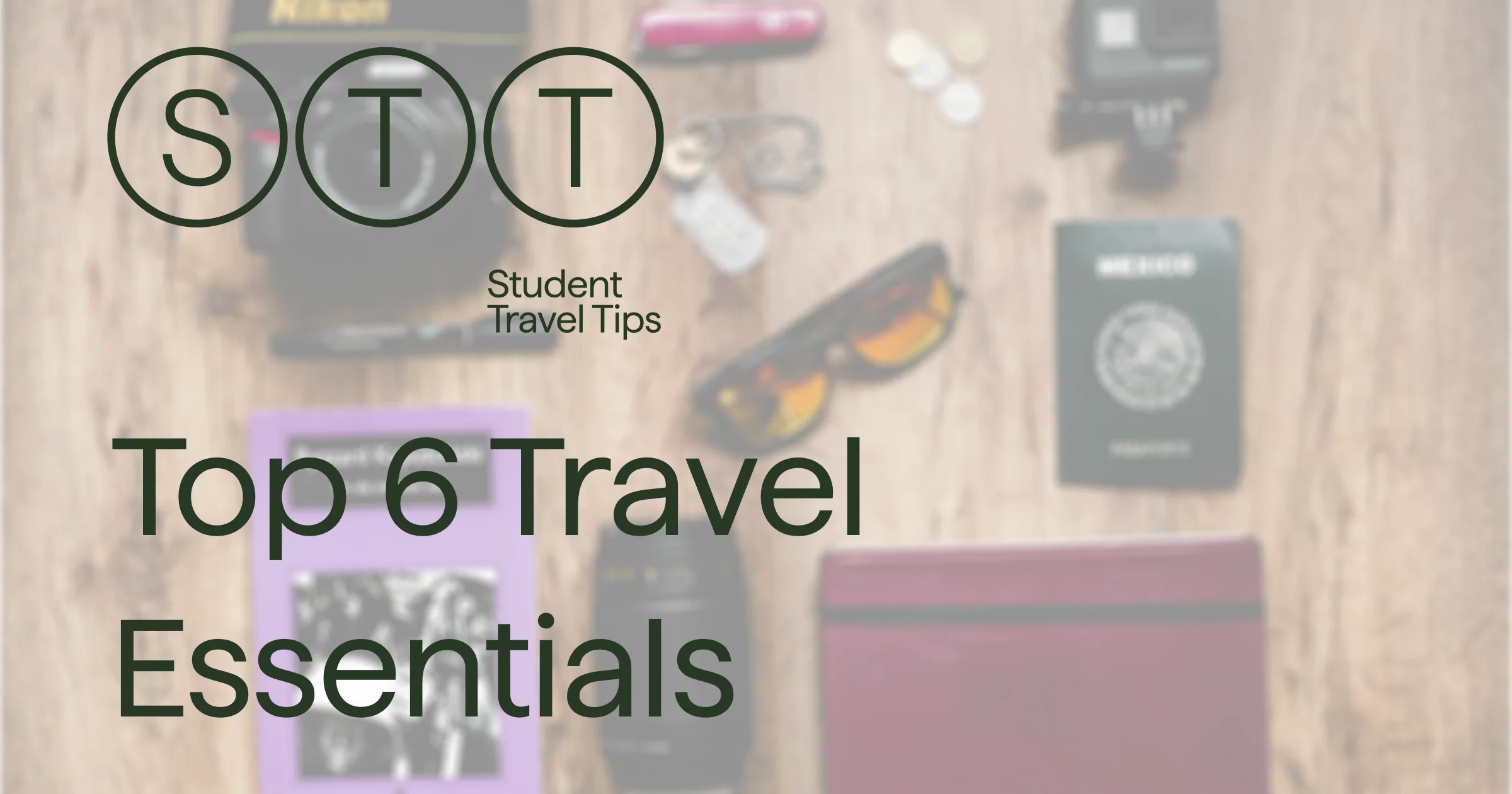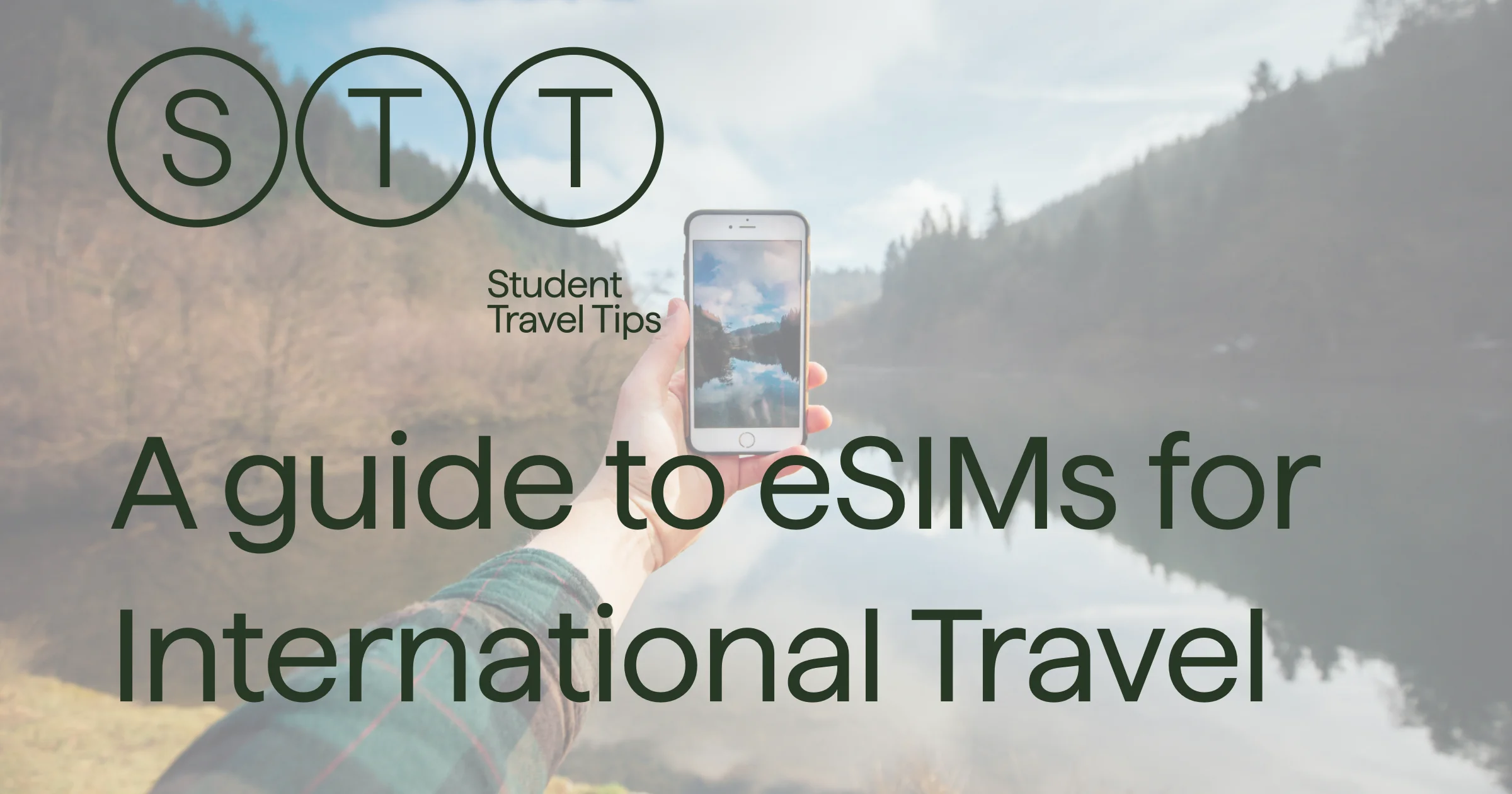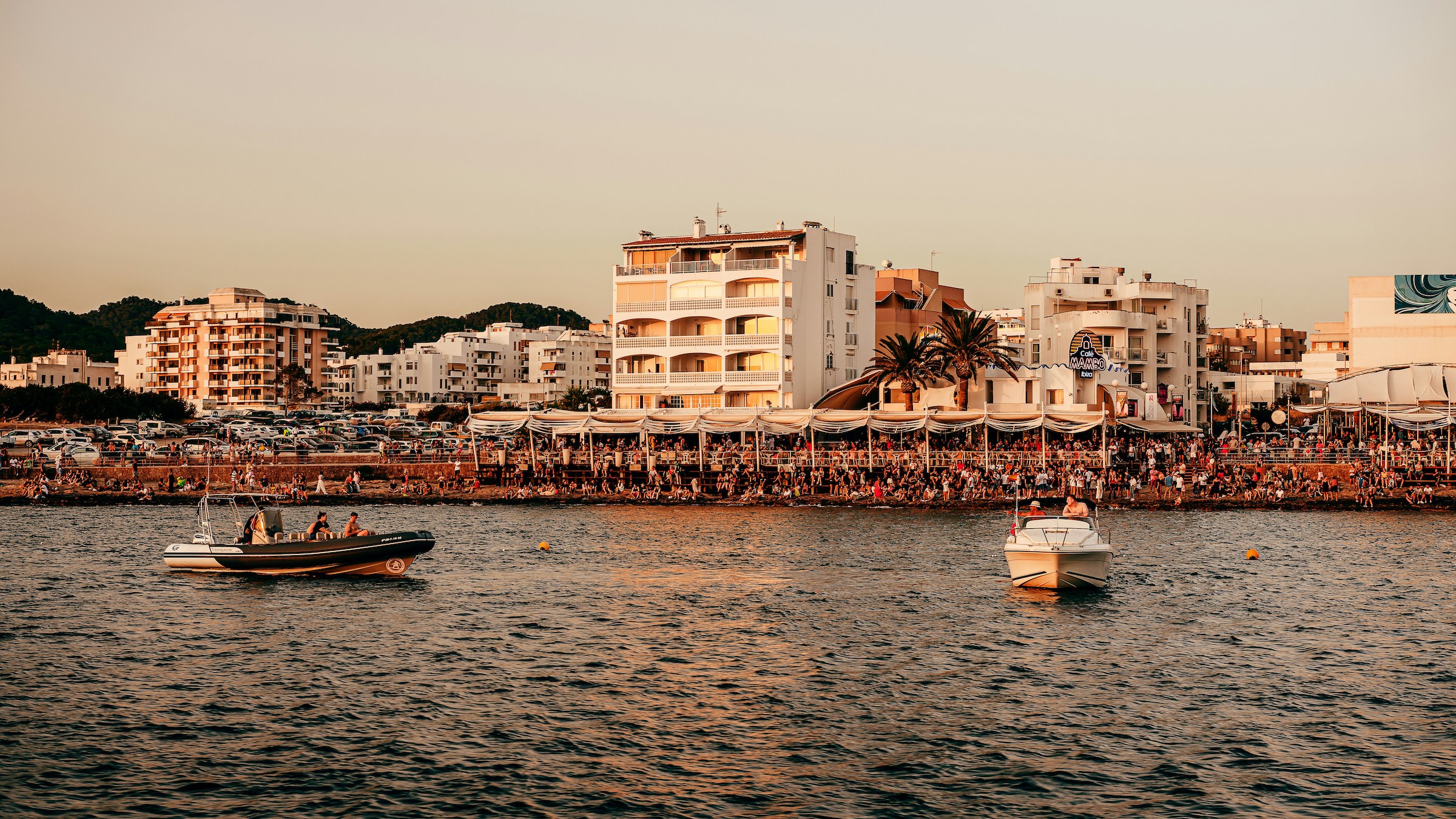Ways to improve sleep when travelling
Travelling is fun, the kind of fun that often isn’t conducive to a good night’s sleep. But if you’re travelling for long periods of time, it’s in your best interest to understand how you can optimize sleep quality. This isn’t to say stop doing what you’re doing and focus entirely on sleep; of course not. Rather, we’ll offer you some travel sleep tips to optimize sleep and get those extra percentages to make life just that little bit easier. After all, the better you sleep (even if it’s for a short period of time), the better you’ll be able to enjoy yourself. Here are ways to improve sleep when travelling.

Travelling is fun, the kind of fun that often isn’t conducive to a good night’s sleep. But if you’re travelling for long periods of time, it’s in your best interest to understand how you can optimize sleep quality. This isn’t to say stop doing what you’re doing and focus entirely on sleep; of course not. Rather, we’ll offer you some travel sleep tips to optimize sleep and get those extra percentages to make life just that little bit easier. After all, the better you sleep (even if it’s for a short period of time), the better you’ll be able to enjoy yourself. Here are ways to improve sleep when travelling.
Optimize your nightly routine:
Optimizing Sleep Quality is essential, and a well-crafted Nightly Routine for Better Sleep can work wonders even whilst travelling. By creating a consistent pre-sleep ritual, you are signaling to your body that it’s time to wind down. This nightly routine doesn’t need to be anything complicated or extravagant, in reality, the lengthier you make it, the less likely you are to stick to it. In fact, by including just a few simple habits, you dramatically improve sleep efficacy. Here are some easy ideas:
- Screen dimming for sleep: As evening approaches, reduce the brightness of your phone, tablet, or laptop screen. The blue light emitted by screens can interfere with melatonin production and disrupt your sleep.
- .Hydration and sleep: Be mindful of your fluid intake to avoid waking in the middle of the night to use the bathroom. Limiting liquids in the hour before bed may help to prevent disruptions.
- Herbal Tea for Sleep: Sip on a cup of herbal tea, like chamomile or lavender, which can have calming effects on your body and mind.
- Travel-friendly aromatherapy: To improve sleep when travelling, I pack a travel-sized bottle of lavender essential oil. A few drops on your pillow or a tissue near your bed can create a soothing and familiar sleep environment, particularly when staying in different accommodation.
Sleep banking
If you’re heading abroad and looking to party, consider the concept of “sleep banking”. In the days leading up to your travels, and on the days between nights out, try to accumulate some extra sleep by going to bed slightly earlier or allowing yourself an extra hour or two in the mornings. This sleep surplus can actually act as a buffer against subsequent sleep deprivation and has even been shown to improve certain neurobehavioral variables (poor mood and so on) after sleep restriction. Whilst research into sleep banking is in its nascence, a few extra hours here and there certainly won’t do you any harm-think of it as an investment in your future self’s energy and well-being. By building up your sleep reserves beforehand, you’ll have a better chance of maintaining vitality throughout the trip. This is my go-to way to improve sleep when travelling.
Turn your phone off (or at least on Airplane mode)
In today’s hyper-connected world, your phone can be both a constant companion and asleep disruptor. The blue light emitted by screens suppresses melatonin production, making it harder to fall asleep. Additionally, notifications and messages can disturb your rest, even if you’re not fully awake. To improve sleep when travelling, consider switching your phone off or turning on airplane mode before bedtime
Take Naps
Napping can be a valuable tool for travellers seeking to recharge amidst busy schedules and late nights. A well-timed 20-minute nap can provide a quick boost of alertness and focus without leaving you groggy. Longer naps, however, can lead to sleep inertia, making you feel even more tired when you open your eyes to the real world. Interestingly, short naps can create the sensation of having enjoyed a full night’s sleep, contributing to improved cognitive function and mood.
So, whether it’s finding a quiet corner or utilizing public transport, a brief nap can be your secret weapon for maintaining optimal energy levels. Some of you might be panicking at this point; “but I’m s*** at napping, I can never get to sleep”. Not to worry, non-sleep deep rest (NSDR) is your saving grace. NSDR is a mental and physical state where the body experiences relaxation and rejuvenation without fully crossing into the unconsciousness of sleep
During non-sleep deep rest, the mind and body can recover, recharge, and refresh, offering benefits similar to those achieved during actual sleep. Practically speaking, all find yourself a quite spot to lie down (ideally with your legs ever so slightly elevated) and spend 20 minutes focused on breathing-or listen to a form of guided meditation-and bobs your uncle.



